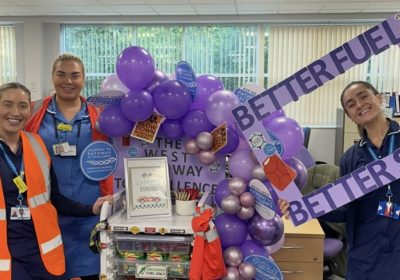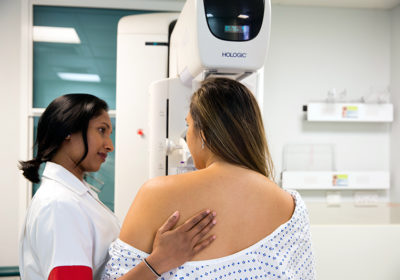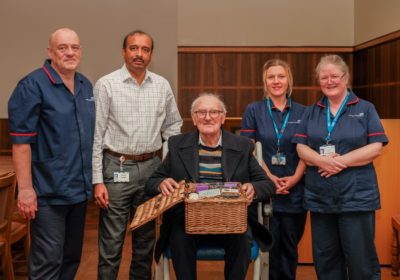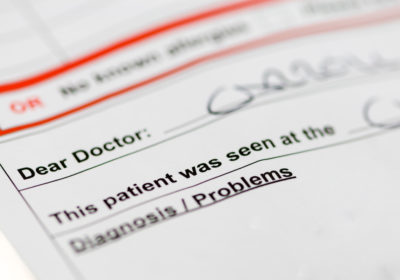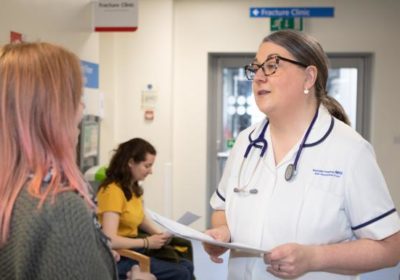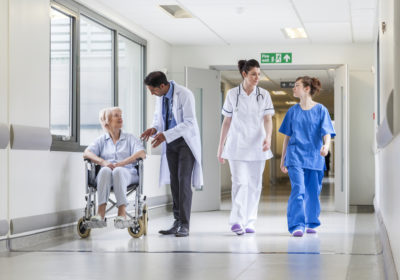South Tyneside and Sunderland NHS Foundation Trust has launched a Magnetic Resonance Imaging session especially for people who have a Cardiac Implanted Electronic Device.
These devices include pacemakers and implantable cardioverter defibrillators.
The service was launched to assist patients with heart devices, ensuring they can access MRI scans closer to home.
Based at South Tyneside District Hospital, the new service welcomed its first patients this summer.
Previously, patients faced long waits for appointments at the Freeman Hospital in Newcastle or were required to undergo alternative tests.
Now, they can receive their scans closer to home and with significantly reduced waiting times, which is crucial when awaiting a diagnosis.
The service was established through a collaboration among cardiology consultants, cardiac physiologists, and the MRI team at the Trust. They have created a safe referral and examination session, which has already welcomed over a dozen patients, with additional clinics scheduled.
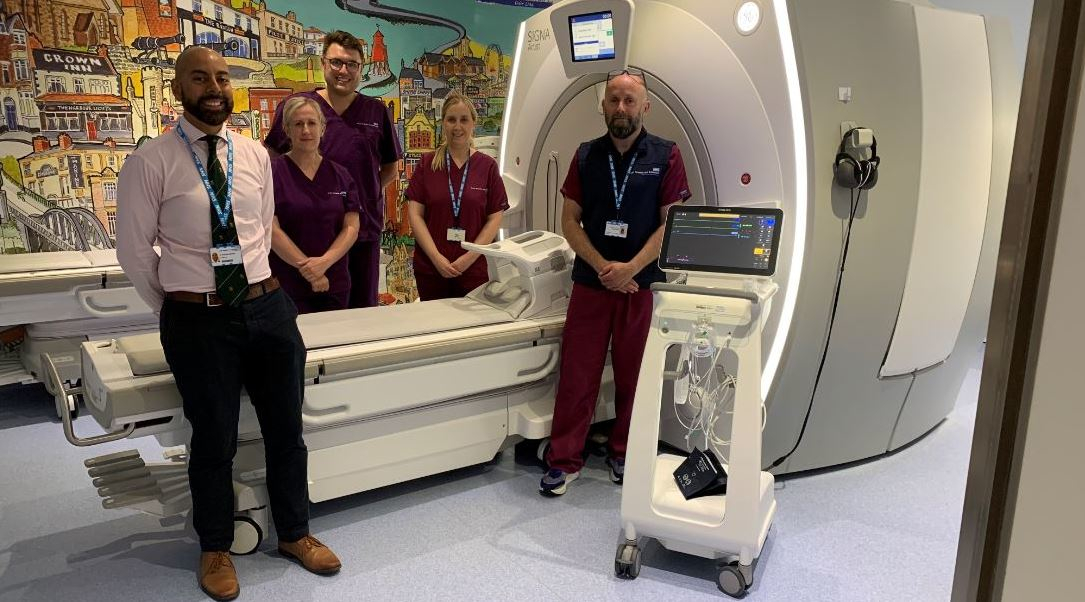
Consultant Alykhan Bandali and MRI Lead Radiologist Miles Weston, front, with Chief Physiologists Eloise Shearer and Anthony Williams and Senior MRI Radiographer Laura Langley.
MRI scanners utilise powerful magnetic and radiofrequency fields to generate detailed images of the body’s interior, which can impact electronic and metallic implants. To ensure the safety of patients with Cardiac Implanted Electronic Devices, cardiac physiologists are available to monitor and support them throughout the MRI process.
Approximately 2,500 patients within the Trust have a Cardiac Implanted Electronic Device, and the MRI sessions are available to all those referred from across the region. Currently, all referrals to the team are processed within the Trust.
The STS Charity, which supports the Trust’s services, staff, and extras for patients, has contributed to the project by agreeing to fund specialised equipment necessary for the sessions.
Consultant Cardiologist Alykhan Bandali is among the dedicated staff members leading these sessions. He has previously played a key role in establishing a cardiovascular MRI service for the Trust. These scans not only aid in diagnosing various conditions, including certain cancers, but also help monitor heart function.
Dr Bandali said: “There are times when an MRI is just what we need to gather the information to make that step forward in someone’s care.
“The number of patients who have CIEDs is growing, and these devices are helping people live longer. Meanwhile, we know demand also rising for MRIs to help us diagnose an illness or monitor their condition.
“This is especially pressing when it comes to carrying out checks to find out if a patient has cancer, because the sooner treatment starts, the better.
“MRI is also an invaluable tool in the investigation or a wide range of other issues including musculoskeletal and neurological and when investigating the abdomen and pelvic areas.
“Having that scan closer to home is especially welcome when someone isn’t feeling well or for our older patients and their loved ones. These MRIs are a great addition to the service we offer, and I’m delighted our teams are working together to make it possible.”
More details about the work of the Trust’s Cardiology Team can be found through its Cardiology page, while information about its Radiology Department is available via its page.

